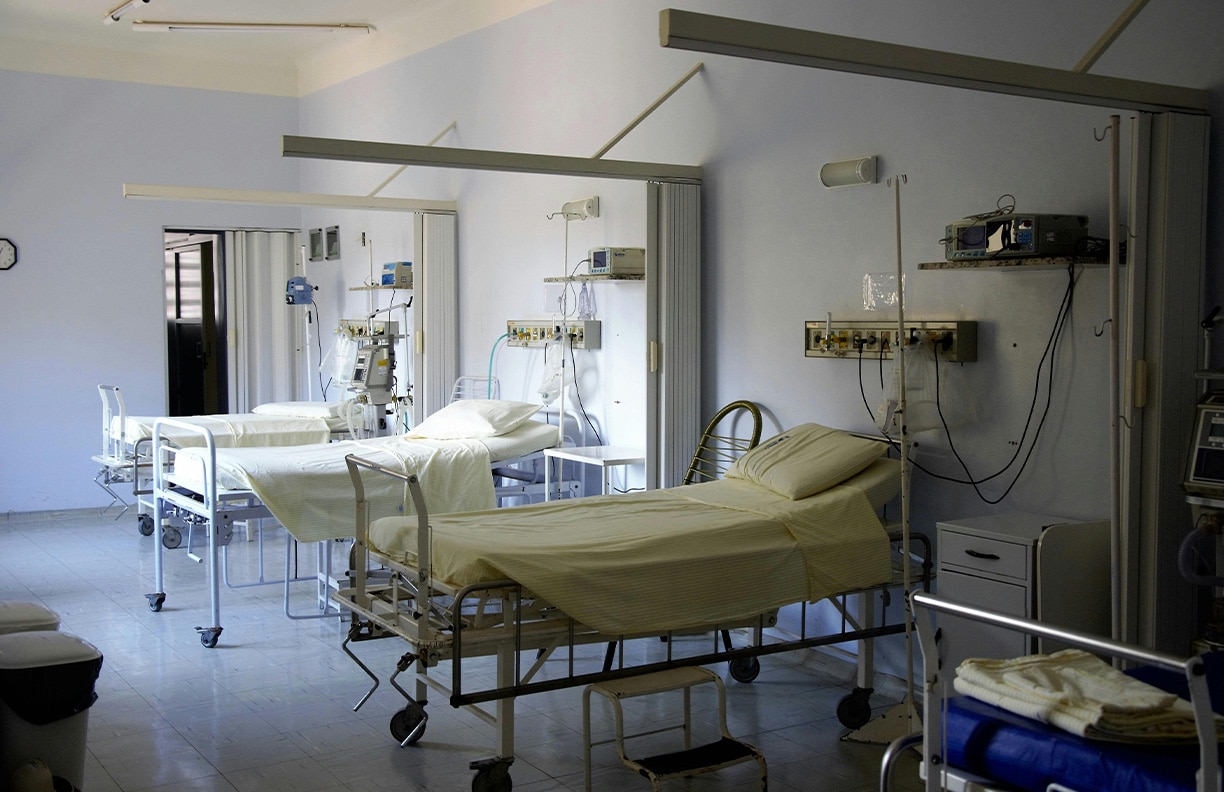Menu
Menu
State Specific IDR
Menu
Menu

Rural hospitals are the cornerstone of many communities across the United States, providing critical healthcare access in areas where resources are limited. Yet, these essential facilities are grappling with severe financial challenges. According to the Center for Healthcare Quality and Payment Reform, over 700 rural hospitals are at risk of closure, with 364 facing immediate danger within the next two to three years.
This looming crisis threatens to strip millions of Americans of vital medical services, from emergency care to routine procedures. Beyond the impact on individual patients, the closure of rural hospitals would destabilize local economies, disrupt thousands of jobs, and weaken the overall resilience of the U.S. healthcare system.
Rural hospitals are battling several intertwined financial challenges:
For some hospitals, financial reserves can only sustain operations for a few more years. Without intervention, closures will become inevitable.
The No Surprises Act was designed to protect patients from unexpected medical bills, but it has introduced new complexities for healthcare providers. Out-of-network providers, particularly those in rural hospitals, often face significant challenges in securing fair reimbursement under the NSA framework. While the Act has improved transparency for patients, its unintended consequences have added to the financial strain on already vulnerable healthcare institutions.
The financial vulnerabilities of rural hospitals are widespread. Below are highlights of states with the highest percentages of hospitals at risk of closure:
The complete list shows the scope of this national issue, with certain states facing disproportionately high risks that demand immediate attention.
Ardú Partners plays a crucial role in helping out-of-network providers, including those in rural hospitals, secure fair and sustainable reimbursement rates. By specializing in the Independent Dispute Resolution (IDR) process under the No Surprises Act, Ardú leverages advanced technology, data analytics, and expert knowledge to maximize financial outcomes—often exceeding the Qualifying Payment Amount (QPA).
Our work ensures providers can focus on delivering high-quality care without the financial distractions of navigating complex reimbursement policies. By securing equitable payments, we help stabilize the financial foundation of rural hospitals, ensuring they remain operational and resilient.
Financial sustainability is more than just meeting financial goals—it is the backbone of accessible and equitable healthcare. Without sufficient reimbursement, providers face impossible decisions:
For rural hospitals, the stakes are even higher. Often serving as the sole healthcare provider in their area, their closures force patients to travel long distances for care, delay treatment, and endure poorer health outcomes. Ensuring the financial viability of rural healthcare is crucial to preserving access to medical care across the country.
At Ardú Partners, we are committed to supporting healthcare providers through innovative reimbursement solutions and expert advocacy. Financial sustainability is not just a goal—it is a necessity for safeguarding equitable access to care and ensuring a robust healthcare system for all Americans.
By addressing reimbursement challenges head-on, we empower rural hospitals and providers to continue their vital work, strengthening communities and improving patient outcomes across the nation. Together, we can build a future where no hospital is forced to close its doors, and every patient has access to the care they deserve.
Many healthcare providers are unaware of the powerful tools available to recover fees for out-of-network services through the Independent Dispute Resolution (IDR) process established by the No Surprises Act. Here’s how it works:
Our program is designed to make this process simple and risk-free for you, ensuring maximum recovery.
Schedule a complimentary audit call with Ardú today to learn how we can help medical facilities, surgeons, staffing agencies, societies, and more recover unpaid medical claims and unlock the revenue they deserve!